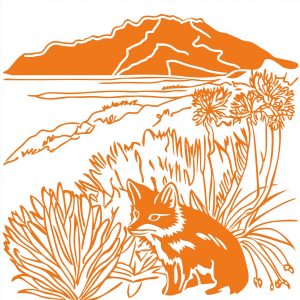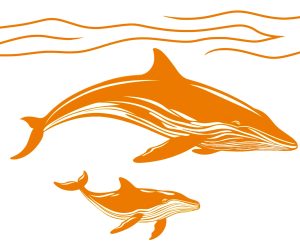Our Inspiration
The summer after his Junior year at USC, Justin participated in a conservation program on Santa Catalina Island, off the Southwest coast of California. He spent his time immersed in the natural ecosystem, working to preserve native plant species. In doing so, he witnessed the delicate balance of nature and how the influence of humans or invasive species can perturb it. At the same time, he saw the immense value that spending time in nature brought to him and those around him. While Justin had always cared for the environment, through this work, he discovered a clearer purpose: to help environments prosper in unison with the people who interact with them. He did not wish to isolate people from nature, but to protect the environment so that plants, animals, and people could continue to enjoy it for generations to come.


Justin’s observations while on Catalina inspired questions. The waters off the coast of Catalina are a hotbed of whale activity and whale watching is a popular tourist activity on the island. Justin considered the ethics of ecotourism, specifically when it came to whale watching. Catalina is also home to many species that are found nowhere else in the world, as well as dozens that are invasive. He debated how to best manage invasive species, and whether the status of a species as invasive justified its extermination. Justin was actively grappling with these issues of conservation ethics and intently considering how to address them. At the same time, he was concerned with environmental communication and inspiring others to care about conservation. The aim of the Justin Benjamin Foundation is to build on his work in conservation ethics and environmental communication by promoting the work of others in these areas. Our initial effort will be to support students engaged in conservation fieldwork.
The Justin Benjamin Foundation is officially recognized by the IRS as a tax-exempt 501(c)(3)
public charity (effective August 14, 2024; determination letter dated July 9, 2025).
Our Employer Identification Number (EIN) is 33-1493686.
This designation means all donations to the Foundation are tax-deductible as allowed by law.
It also affirms our mission to honor Justin’s legacy by creating opportunities for students
to study and protect the natural environment through scholarships, research funding, and
field experiences.
